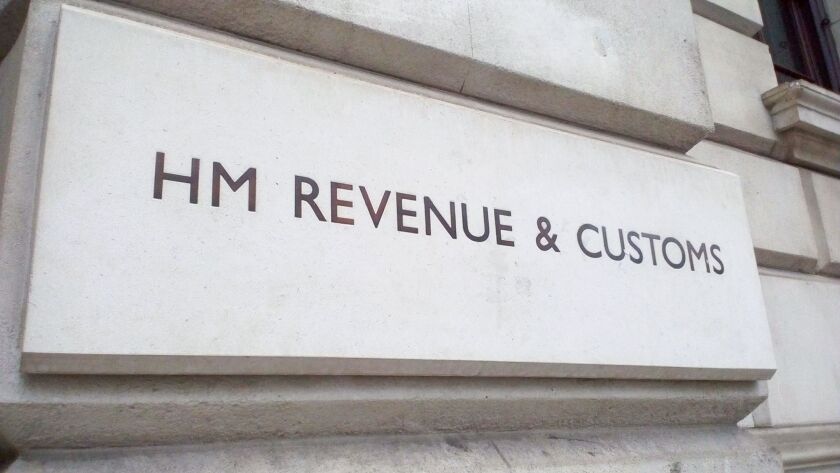The UK’s HM Revenue and Customs proposed new regulations on transfer pricing records on Wednesday, December 21, and is seeking public comments.
The draft Transfer Pricing Records Regulations 2023, if passed, would require multinationals with turnovers of €750 million ($797 million) or higher to keep and preserve master and local files in line with the OECD Transfer Pricing Guidelines.
If approved, the regulations would affect accounting periods beginning on or after April 1 2023.
Parties have until January 31 2023 to submit comments, and can do so here.
OECD opens new consultations on pillars one and two
The OECD published consultation documents for the two-pillar solution on Tuesday, December 20, in a move the organisation said marked progress towards realising the project.
Under pillar one, the OECD is seeking comments on the Draft Multilateral Convention (MLC) Provisions on Digital Services Taxes (DSTs) and other relevant similar measures. The MLC would remove all existing DSTs and similar measures to help stabilise the international tax system, said the OECD.
The OECD also released an implementation package for the Pillar Two Global Anti-Base Erosion (GloBE) Rules, including guidance on safe harbours and penalty relief, and public consultation documents on the GloBE information return and tax certainty for the GloBE rules.
Public comments on the pillar one consultation will be permitted until January 20 2023, while the pillar two process will close on February 3 2023.
R&D tax credits bill makes progress in NJ Senate
The New Jersey Senate Commerce Committee brought a state R&D tax credits bill one step closer to reality after unanimously approving it on Monday, December 19.
Bill S2707, introduced in May 2022, would increase research tax credits from 10% to 15% for corporations in certain industries and allow credits to be refundable.
The New Jersey Economic Development Authority would determine the eligible industries, but the bill states a wide range of sectors that would benefit, including transportation, life sciences, aviation, high-tech and professional services.
The bill has now been referred to the Senate Budget and Appropriations Committee.
Azerbaijan latest member of Inclusive Framework club
Azerbaijan joined the OECD’s Inclusive Framework on BEPS on Friday, December 16, becoming its 142nd member.
The BEPS agreement includes 15 measures to fight tax avoidance and evasion, improve the coherence of international tax rules, and ensure a more transparent tax environment.
As part of its IF membership, Azerbaijan also joined the two-pillar solution to reform the international tax system.
Pillar two, the second part of that project, made a breakthrough earlier this month when the EU agreed to implement the OECD’s global corporate minimum tax rate of 15% across the bloc.
French parliament votes to repeal added value tax
The French parliament approved the Finance Bill for 2023 on Saturday, December 17, in a move that will repeal a tax affecting domestic businesses.
As reported by EY, the business contribution on the added value (BCAV) is levied against any person carrying out a trade or business in France. The BCAV will be phased out and completely abolished by 2024, EY reported.
Elsewhere, the bill will affect the holding period requirements surrounding French spin-off transactions, as well as the excess profits generated by the oil, gas, coal, and refining sectors.
You can read more about the changes here.
Next week in ITR
With the holiday period upon us, this is our last weekly roundup of 2022. We wish you a merry Christmas and a happy new year and look forward to seeing you in 2023.











